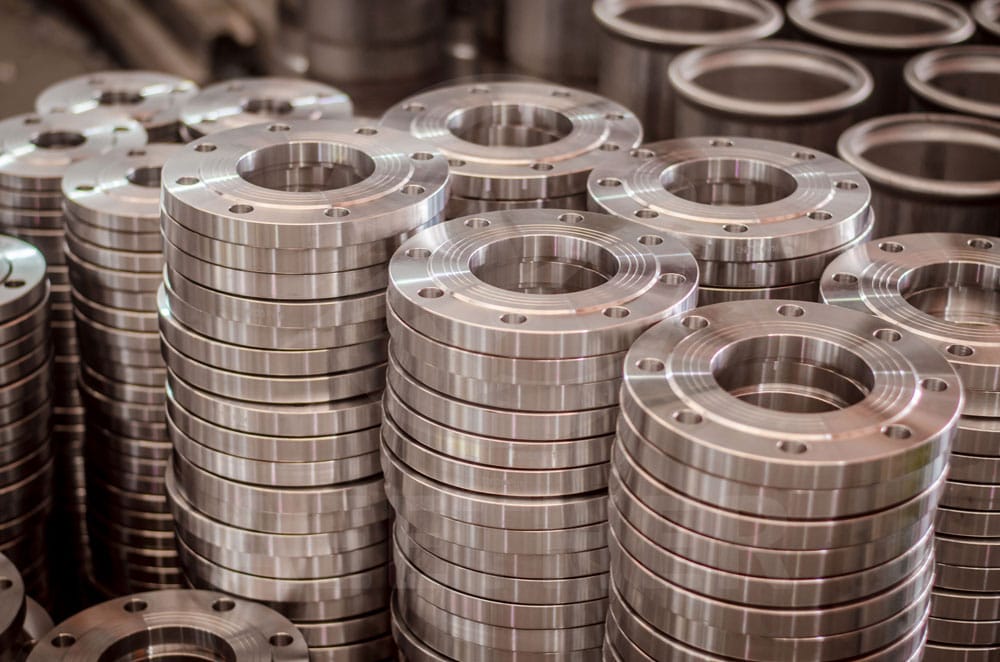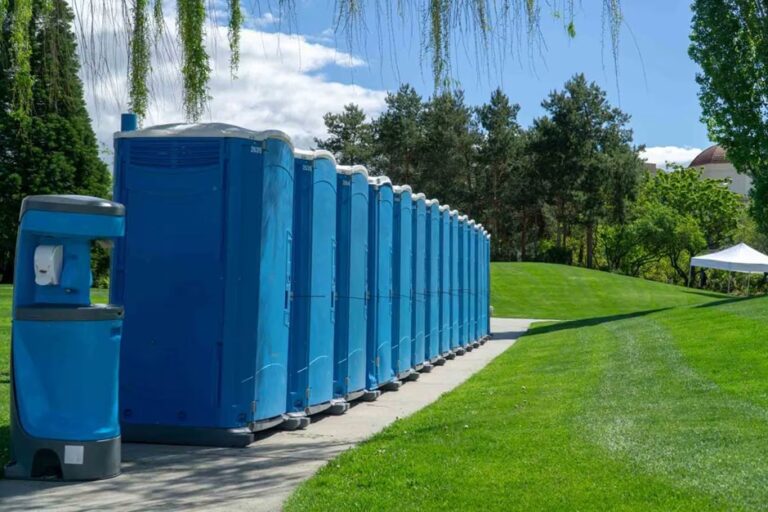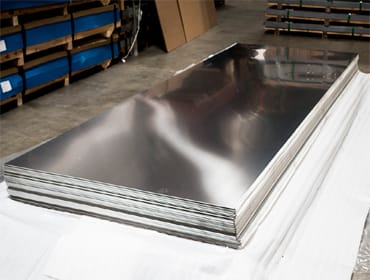How Incoloy 925 Withstands Harsh Corrosive Environments
Incoloy 925 is a high-performance alloy specifically engineered to resist some of the most challenging corrosive environments encountered in industries such as oil and gas, marine, and chemical processing. This superalloy combines excellent mechanical strength with remarkable resistance to oxidation, making it highly suitable for applications exposed to aggressive substances and high temperatures. Incoloy suppliers play a crucial role in providing this alloy to industries, ensuring that components made from Incoloy 925 can withstand years of exposure to demanding conditions.
1. Understanding the Composition of Incoloy 925
Incoloy 925 is part of the nickel-iron-chromium family, with additional alloying elements like molybdenum, titanium, and copper that enhance its corrosion resistance and mechanical properties. The combination of nickel and chromium forms a strong protective oxide layer on the alloy’s surface, which is vital for resisting oxidation and pitting, especially in marine environments. Molybdenum, another key component, further improves its resistance to pitting and crevice corrosion, while titanium helps in strengthening the alloy through precipitation hardening.
Incoloy suppliers offer various grades and specifications to cater to different industrial applications, ensuring that Incoloy 925 retains its protective qualities even in severe environments. This composition makes it ideal for high-stress situations, where resistance to both chemical attack and structural degradation is essential.
2. Corrosion Resistance in Seawater and Marine Environments
In marine environments, metals are subjected to high levels of chloride ions, which can lead to rapid corrosion in many materials. However, Incoloy 925 exhibits outstanding resistance to seawater corrosion, thanks to its high nickel and chromium content. These elements create a stable passive layer on the metal’s surface that prevents chloride ions from penetrating and causing localized corrosion such as pitting or crevice corrosion.
Incoloy suppliers have responded to demand from marine industries by supplying Incoloy 925 in various forms, from sheets and bars to custom-fabricated components. This alloy is widely used in offshore oil platforms, desalination plants, and underwater piping systems, where its corrosion resistance and durability ensure long-lasting performance.
3. Resistance to Acidic and Sour Gas Environments
In the oil and gas industry, many wells and processing plants encounter “sour” conditions where the presence of hydrogen sulfide (H₂S) and other acidic compounds can cause severe corrosion. Incoloy 925 has proven to be extremely effective in sour gas applications due to its resistance to hydrogen embrittlement and stress corrosion cracking, which can be triggered by H₂S. Molybdenum in Incoloy 925 strengthens its resistance to these acidic compounds, making it a preferred choice for downhole tubing, valves, and pipelines.
Leading Incoloy suppliers recognize the alloy’s critical role in harsh oilfield environments and ensure that the material is rigorously tested to withstand such challenging conditions. By offering certified grades that meet industry standards, suppliers help mitigate risks in high-stakes applications, reducing the likelihood of equipment failure due to corrosion.
4. Performance Under High-Temperature Conditions
Apart from corrosive chemicals, many industrial applications also subject materials to high temperatures, which can accelerate corrosion rates and weaken materials over time. Incoloy 925 maintains its structural integrity even at elevated temperatures, where its resistance to oxidation prevents scaling and surface degradation. This property is particularly useful in chemical processing plants and power generation facilities where high heat and reactive chemicals coexist.
Incoloy suppliers often recommend Incoloy 925 for high-temperature corrosive environments due to its robust thermal stability and oxidation resistance. Components like heat exchangers, furnace parts, and reactor vessels benefit greatly from Incoloy 925’s ability to resist scaling and maintain its strength under stress, ensuring a longer operational life.
5. The Role of Incoloy Suppliers in Quality Assurance
For industries relying on the unique properties of Incoloy 925, sourcing from reputable Incoloy suppliers is essential. Suppliers play a key role in ensuring the alloy’s quality by providing material that meets strict industrial standards. They also offer certifications that guarantee Incoloy 925’s compliance with specifications such as ASTM and ASME, which is critical in safety-sensitive industries.
Furthermore, leading Incoloy suppliers conduct rigorous testing on Incoloy 925 to confirm its resistance to corrosion, mechanical strength, and stability in various environments. These tests include salt spray tests, H₂S exposure simulations, and tensile strength evaluations, which verify that the alloy can endure the demands of its intended application.
6. Applications of Incoloy 925 in Corrosive Environments
Due to its unique resistance to corrosion and high-stress conditions, Incoloy 925 is extensively used in applications that require durability and strength. In the oil and gas industry, it is commonly used in the production of downhole tools, tubing, and valves that are directly exposed to corrosive substances. The alloy’s strength and corrosion resistance make it ideal for withstanding the pressure and acidity of deep-well environments.
In the chemical processing industry, Incoloy 925 is utilized in components exposed to aggressive chemicals, such as acid containment tanks, agitators, and mixers. The alloy’s robustness ensures the integrity of these components, even in environments filled with corrosive acids and bases.
7. Future of Incoloy 925 in Corrosion-Resistant Applications
As industries continue to expand into harsher environments and require materials that can stand up to these conditions, the demand for Incoloy 925 is expected to grow. Incoloy suppliers are continually improving the manufacturing processes to enhance the alloy’s properties, ensuring that it remains a viable choice for challenging applications. Furthermore, ongoing research into alloying techniques and surface treatments may enhance Incoloy 925’s corrosion resistance even further, making it an invaluable resource for industries facing extreme conditions.
In conclusion, Incoloy 925 is a proven solution for environments where corrosion resistance and mechanical strength are paramount. With the support of reliable Incoloy suppliers, industries can access high-quality Incoloy 925 for critical applications, ensuring that their infrastructure and equipment remain safe and operational even under harsh conditions. The alloy’s unique composition and resilience underscore its essential role in modern industrial applications, providing a reliable and long-lasting material for the most demanding environments.





